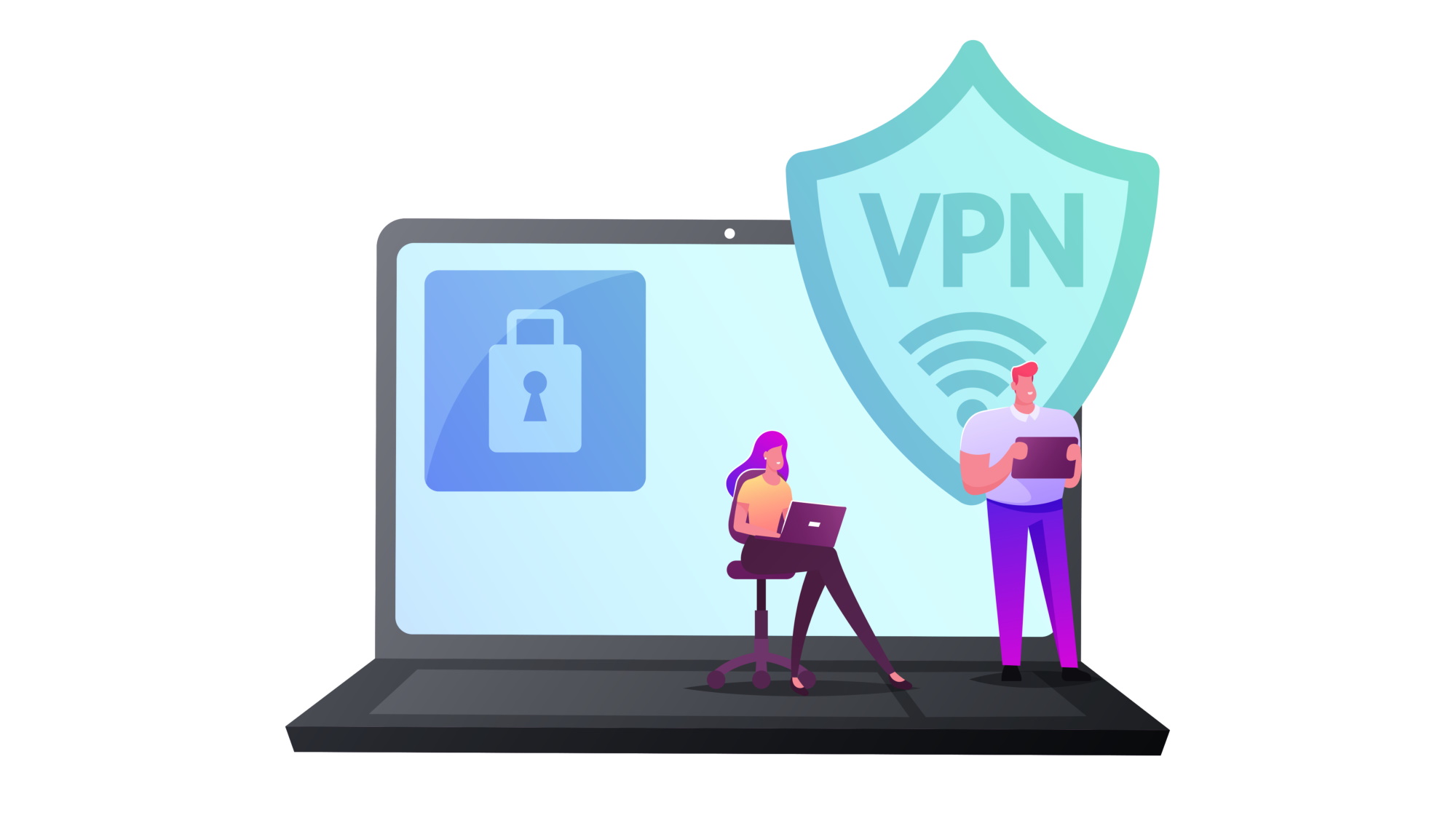Microsoft Azure inherits new VPN features
Microsoft Azure has unveiled a host of new VPN features

Sign up for breaking news, reviews, opinion, top tech deals, and more.
You are now subscribed
Your newsletter sign-up was successful
Microsoft Azure has announced that a host of new VPN features are now generally available to users of its VPN Gateway.
The new additions will provide additional functionality for businesses that have been pushed into adopting remote working during the coronavirus pandemic.
The first of the five new Azure VPN Gateway solutions delivers high availability for RADIUS servers in point-to-site VPNs. It will enable highly available configurations for customers using RADIUS/AD authentication for their point-to-site VPN and is likely to be adopted by smaller firms that only have a few clients that need to connect to a virtual network.
- Use one of the best business VPNs for your organization
- We’ve also compiled a list of the best Windows 10 VPNs
- Here’s our list of the best anonymous browsers
The second update lets users configure custom IPsec/IKE policy with DPD timeout to avoid unnecessary tunnel disconnections, while the third enables Automatic Private IP Addressing support for Border Gateway Protocol (BGP) speaker IP addresses. One of the advantages of BGP is that it enables network administrators to establish multiple connections between their Azure virtual network and any on-premise VPN devices in the same location.
Network gateways
Another feature announced for Azure VPN Gateways is FQDN support for site-to-site VPNs. According to Microsoft, this feature “supports customer branches or locations without static public IP addresses to connect to Azure VPN gateways. Customers can now leverage dynamic DNS services and use their Fully Qualified Domain Name (FQDN) instead of IP addresses. Azure VPN gateways will automatically resolve and update the VPN target to establish IPsec/IKE connections.”
Session management will also become more straightforward with the new updates. Enterprise administrators can now add and revoke individual user connections to VPN gateways direct from the Azure Portal.
Although VPNs have been used by enterprises for some time now, the huge increase in the number of employees working remotely has meant that VPN solutions need to be more flexible, robust and secure than ever before.
- Also, check out our list of the best cloud brokers for your business
Sign up to the TechRadar Pro newsletter to get all the top news, opinion, features and guidance your business needs to succeed!
Barclay has been writing about technology for a decade, starting out as a freelancer with ITProPortal covering everything from London’s start-up scene to comparisons of the best cloud storage services. After that, he spent some time as the managing editor of an online outlet focusing on cloud computing, furthering his interest in virtualization, Big Data, and the Internet of Things.
